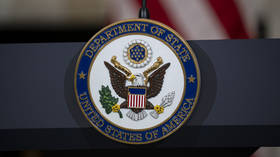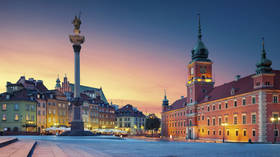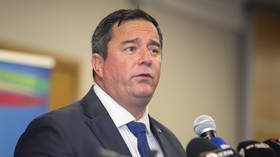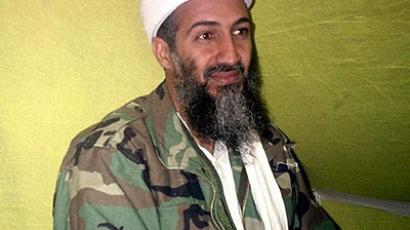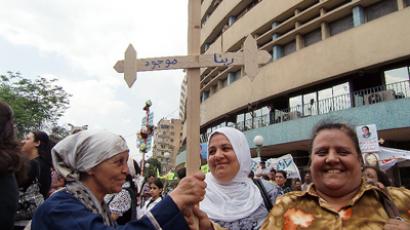Syria: the times of peace will come
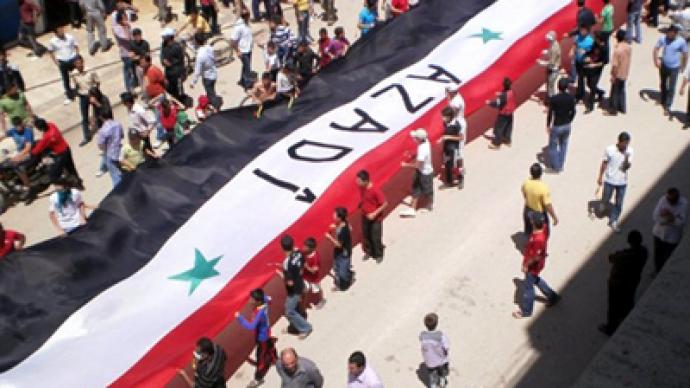
Many Palestinian refugees have found a new home in Syria and they do not support the ongoing riots. RT’s Nadezhda Kevorkova talked to one of the refugees, horse breeder Abu Saleh, who believes that the time of peace will come.
Horse breeder Abu Saleh is Palestinian, a son of Palestinian refugees. Not far from Damascus he has a vast garden – very few Palestinian refugees have even had a tree. He has just finished building a felted tent in the center of his garden. We have tea in its shadow. There is a black colt frisking around, of true Arabian blood. Very few Palestinian refugees have a tent and a purebred horse. But Abu Saleh has got a whole stable of horses. He is lucky, and not just in comparison with Palestinians, but as a human being. His family escaped from Safat in 1948, from violence and massacre. In Israel, that city is now called Tsfat, which has come to be inhabited by immigrants from around the world. Abu Saleh was born in a refugee camp, studied in Damascus to be an electronic engineer, and for four years worked in the Emirates in this capacity. When his father died, he returned to take care of his sisters. Palestinians as well as most Arabs have this tradition – the elder man is to take care of the women in the family. He inherited the farm and the garden from his father, who had managed to earn money, buy land and leave the refugee camp together with his family.It may seem to foreigners that all the Arab world regimes undergoing the period of revolutions are similar. But it’s not true. First of all, they differ by their attitude toward Palestinians – the main sore spot in the Islamic world. Only in Syria are these relations truly fraternal, regardless of who is ruling the country.In Syria there are 500,000 Palestinian refugees and 20 camps. Bearing in mind that thepopulation of Syria is only 23 million, it is quite a significant figure. But Palestinians have been welcome here and have always been treated as equals. Palestinians have the right to keep their citizenship and with it, they have the same rights as Syrians. No Arab country has had the same attitude toward Palestinians as Syria. So those who insist that Mubarak’s and Assad’s regimes are the same are not telling the truth. As Egypt supported the Gaza blockade with all its might, Syrians embraced Palestinians with equal vigor.That’s why revolutions in the region are different as well. Palestinians supported the Egyptian revolution, and do not support the disjointed riots in Syria. But politics are changing.As its fruit becomes increasingly poisoned and bitter, the mere opportunity to listen to the rustle of leaves in a garden of your own rings of a far truer, more universal happiness.Abu Saleh’s apple garden covers four hectares. A few years ago, during a drought, the trees died. He planted new ones and started breeding horses. Soon he opened a horse club. The majority of his clients are rich people. Equestrian sport is in demand in the Arab East. There are no restaurants or hotels – only equestrianism and horse rides around the farm’s territory. His club joined the Horse Association. Once a week, Abu Saleh brings orphans from the refugee camp here to teach them to ride horses.“When the war between civilizations is over, everybody will come back to horses, so let our children learn to ride right now,” said Abu Saleh. All his employees are Palestinian refugees. The young learn to take care of horses – there are 20 of them in the horse stable already. There is a coach and gardeners as well. Abu Saleh allocates part of his income to educational programs for Palestinian children. Other successful Palestinian businessmen do the same – and they are quite numerous. I ask how they do it. They do not trust banks. But they do trust people who they know personally – who they believe will not steal it, but spend it for the right reasons. Abu Saleh works as much as his employees. He is dressed like one, too. But despite his humility, he is quite wealthy. In Palestinian refugee camps there is not a single tree – all the meager space is occupied by tiny houses. The camps’ borders were set back in 1948, when nobody thought that refugees would stay for so long here and they would not be able to return to their homes.Here on the farm, it’s sort of a rehearsal for paradise: the thick leafage of trees is rustling, green grass with tulips is growing, the water is pure, and mulberries have mellowed. A light breeze fans the idyllic environs. “That’s how it was back home,” said Abu Saleh.He’s never been “home,” he can’t even go and see his house from afar. But he knows where his house and his garden were. According the stories he’s heard from older folks, he imagines everything in the smallest detail. There his family also had a big garden which looked like paradise.Abu Saleh remembers well that his father worked hard all his of his life to restore on Syrian land what occupation had deprived him of.But his heart is turned to their home – that’s how Palestinians teach their children. And that’s how Abu Saleh teaches his children.And now, Abu Saleh plans to build a swimming pool to teach children from the refugee camp to swim.“When the wars of civilizations are over, children will be able to swim in the sea and stroll in the mountains. And it’s necessary that they know how to do that by the time the wars are over,” said Abu Saleh.
Read also Friday. Damascus. Anticipation of a riot
Syria: an uncanny revolution




